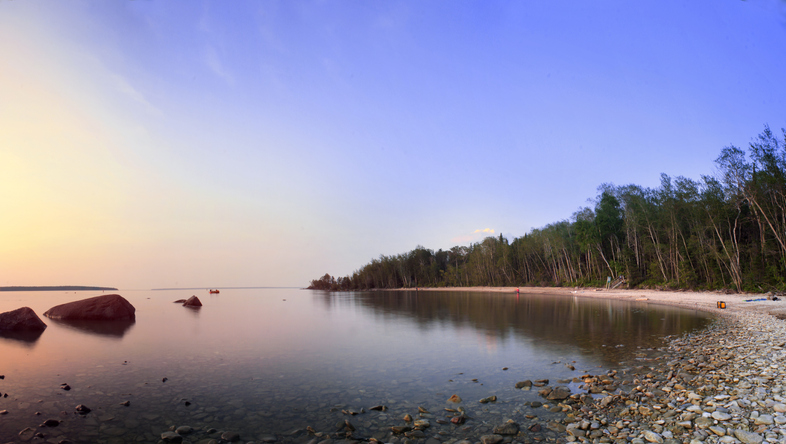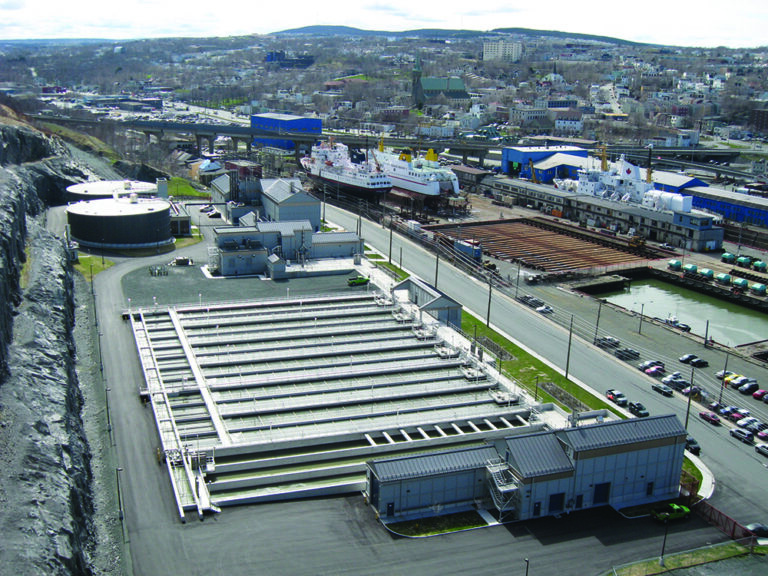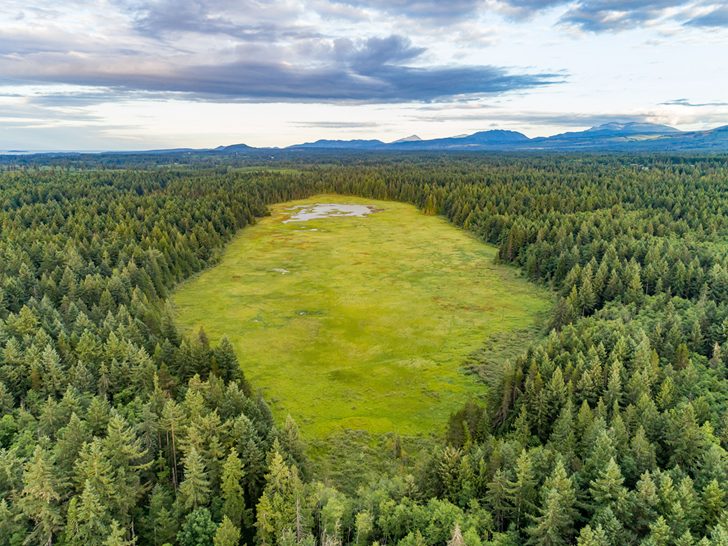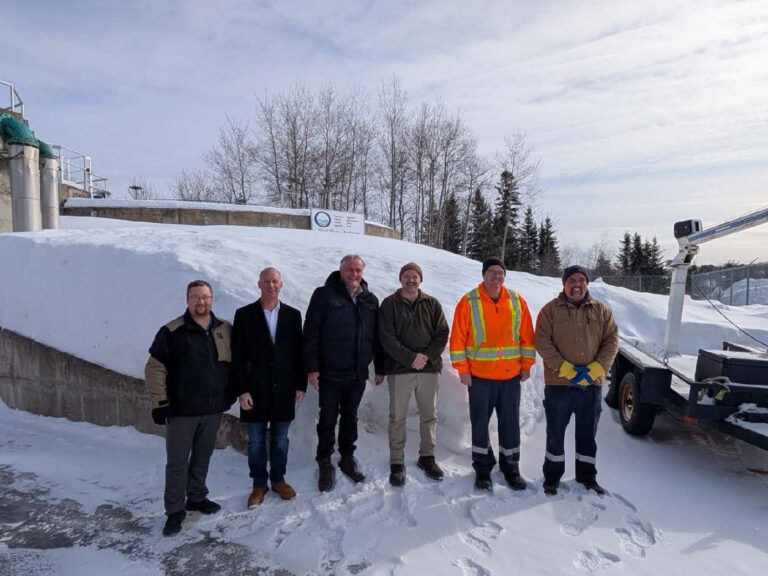The Canada Water Agency is investing $1.6 million in 10 new projects aimed at protecting and restoring Lake Winnipeg, one of Canada’s most economically and culturally important freshwater ecosystems.
The announcement was made in Winnipeg by MP Terry Duguid on behalf of Environment and Climate Change Minister Julie Dabrusin, who also oversees the Canada Water Agency.
Stretching across more than a million square kilometres and touching four provinces and four U.S. states, the Lake Winnipeg basin contains about 70 per cent of Canada’s cropland. The lake itself supports over a quarter of the country’s freshwater fishery revenue and contributes roughly $600 million a year in hydroelectric generation. It also holds deep cultural and spiritual significance for many First Nations and Métis communities.
But the lake’s health has been declining under pressure from nutrient loading and algal blooms, invasive species, changes in land use and the effects of climate change. New projects will focus on reducing phosphorus runoff, restoring wetlands and supporting Indigenous participation in freshwater management.
“By protecting fresh water, we are safeguarding a resource that communities, industries and future generations depend on,” said Dabrusin. “Water is fundamental to our economic, environmental and cultural well-being, yet it is under growing threat. These projects enable the local action necessary to protect and restore Lake Winnipeg.”
Among the funded initiatives, the Lake Winnipeg Research Consortium will receive more than $700,000 to continue its in-lake science program, including operation of its two research vessels, the MV Namao and MV Fylgia. The University of Winnipeg will receive $218,000 to study phosphorus runoff during snowmelt and develop a risk map for Manitoba’s Red River Basin. Ducks Unlimited Canada will receive $150,600 to restore wetlands and support farmers adopting practices that reduce nutrient runoff.
“Our project aims to assess and map the risk of phosphorus loss during snowmelt across the region, facilitating more targeted management approaches, such as soil amendment to retain phosphorus in the soil,” said Dr. Darshani Kumaragamage, a University of Winnipeg professor leading one of the initiatives. “By targeting phosphorus runoff at its source, we can improve soil phosphorus management and help protect Lake Winnipeg’s water quality.”
Nicole Chammartin of Ducks Unlimited Canada said the funding will allow the organization to partner with landowners to restore drained wetlands and reduce phosphorus runoff by up to 18 tonnes.
Since 2017, the federal government has invested more than $13.5 million in projects supporting the ecological health of Lake Winnipeg through the Lake Winnipeg Freshwater Ecosystem Initiative, now part of the federal Freshwater Action Plan.
Lake Winnipeg is Canada’s sixth-largest lake and the eleventh-largest freshwater lake in the world.










